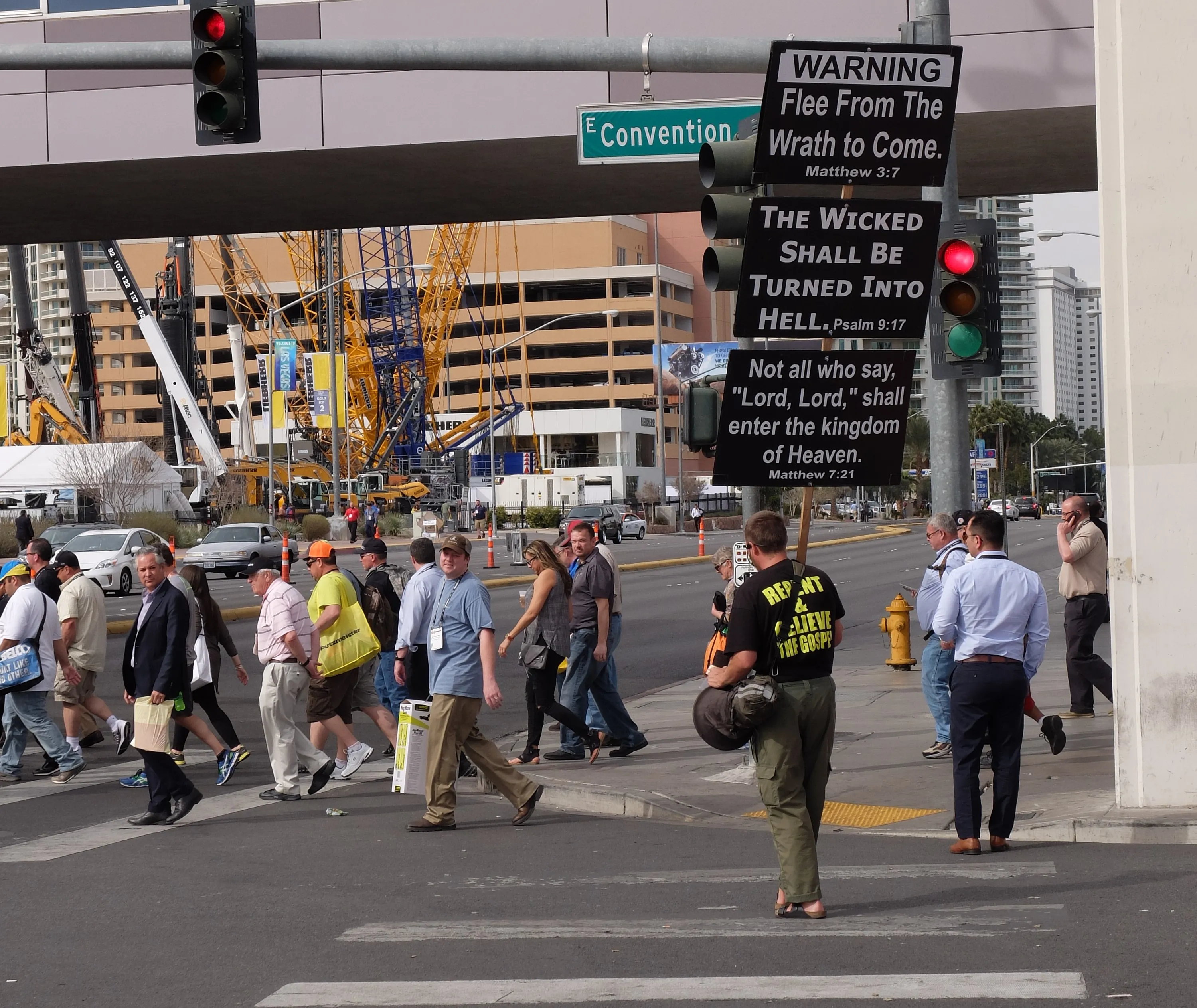Research from Algeria shows that its high rate of road crashes is having a damaging effect for its economy, as well as ruining lives. The data comes from the Algerian insurance and reinsurance union UAR. Its study shows that road crashes cost the country’s economy US$926.78 million/year. In all, there were 1 million crashes on roads in 2014, with drivers being at fault in 90% of cases. Insurance companies spent $415.2 million in compensations in 2014, up 10% from 2013. With the 30% depreciation of the Alger
November 18, 2015
Read time: 1 min
Research from Algeria shows that its high rate of road crashes is having a damaging effect for its economy, as well as ruining lives. The data comes from the Algerian insurance and reinsurance union UAR. Its study shows that road crashes cost the country’s economy US$926.78 million/year. In all, there were 1 million crashes on roads in 2014, with drivers being at fault in 90% of cases. Insurance companies spent $415.2 million in compensations in 2014, up 10% from 2013. With the 30% depreciation of the Algerian dinar, compensation is expected to rise to again in 2015. Determining the cause of the problem is complex, although bad driving is a primary cause. Poor protection levels for vehicle occupants are also a factor as the research shows that around half of the 5.4 million vehicles being used in Algeria are 20 years of age or more.






